Description
Efnisyfirlit
- Table of Contents
- Preface
- Acknowledgments
- Meet the Editors
- Meet the Contributors
- Part 1: Foundations for Individual Counseling and Psychotherapy
- Chapter 1: The Helping Relationship: From Core Dimensions to Brief and Integrative Possibilities
- DEFINITIONS AND DESCRIPTIONS
- HELPING RELATIONSHIPS: STAGES
- HELPING RELATIONSHIPS: CORE CONDITIONS
- Empathic Understanding
- Respect and Positive Regard
- Genuineness and Congruence
- Concreteness
- Warmth
- Immediacy
- HELPING RELATIONSHIPS: STRATEGIES
- Strategies That Build Rapport and Encourage Client Dialogue
- Strategies That Aid in Data Gathering
- Strategies That Add Depth and Enhance the Relationship
- The Helping Relationship and Diversity
- The Helping Relationship: Some Final Notes
- BRIEF APPROACHES: AN OVERVIEW
- Problem-Focused Brief Therapy
- Solution-Focused Brief Therapy
- Solution-Oriented and Possibility Therapy
- Brief Approaches: Some Final Notes
- MOVING TOWARD AN INTEGRATIVE APPROACH TO COUNSELING AND PSYCHOTHERAPY
- SUMMARY
- REFERENCES
- Chapter 2: Diversity and Social Justice Issues in Counseling and Psychotherapy
- DEFINITIONS
- CHANGING DEMOGRAPHICS IN U.S. SOCIETY
- MULTICULTURAL AND SOCIAL JUSTICE COUNSELING PERSPECTIVES
- Multicultural Counseling
- Social Justice Counseling
- COUNSELING WITH DIVERSE CLIENTS
- Understanding Diverse Clients Through the Oppression Model
- Understanding Diverse Clients Through Social Identity Development
- Understanding Diverse Clients Through Worldview
- DIVERSITY AND THE COUNSELING PROCESS
- The Counseling Relationship
- Counseling Goals
- Appropriate Counseling Interventions With Diverse Clients
- Adapting Traditional Counseling Interventions
- Incorporating Indigenous or Folk Healing Methods
- Incorporating Indigenous or Folk Healing Methods
- Communication Issues With Diverse Clients
- Skills and Interventions for Empowerment
- Advocacy Skills and Interventions
- BECOMING A DIVERSITY- AND SOCIAL-JUSTICE–COMPETENT COUNSELOR
- Becoming a Diversity-Competent Counselor
- Becoming a Social-Justice–Competent Counselor
- SUMMARY
- REFERENCES
- Part 2: Theories of Counseling and Psychotherapy
- Chapter 3: Psychoanalytic Theory
- BACKGROUND
- Jean-Martin Charcot and Josef Breuer
- Sigmund Freud
- HUMAN NATURE: A DEVELOPMENTAL PERSPECTIVE
- MAJOR CONSTRUCTS
- Psychoanalysis
- Id, Ego, and Superego
- Psychosexual Development
- Life and Death Instincts
- Defense Mechanisms
- Transference and Countertransference
- Object Relations and Attachment
- Self Psychology
- APPLICATIONS
- Overview
- Goals of Counseling and Psychotherapy
- The Process of Change
- Traditional Intervention Strategies
- Brief Intervention Strategies and Current Practices
- Clients With Serious Mental Health Issues
- EVALUATION
- Overview
- Supporting Research
- Limitations
- Summary Chart: Psychoanalytic Theory
- THE CASE OF MARIA: A PSYCHOANALYTIC APPROACH
- REFERENCES
- Chapter 4: Jungian Analytical Theory
- BACKGROUND
- HUMAN NATURE: A DEVELOPMENTAL PERSPECTIVE
- Childhood
- Adolescence
- Middle Age
- Old Age
- MAJOR CONSTRUCTS
- Personality Theory
- The Personal Conscious
- The Ego
- The Personal Unconscious
- The Collective Unconscious
- Archetypes
- APPLICATIONS
- Overview
- Goals of Counseling and Psychotherapy
- The Process of Change
- Traditional Intervention Strategies
- Brief Intervention Strategies and Current Practices
- Clients With Serious Mental Health Issues
- EVALUATION
- Overview
- Supporting Research
- Summary Chart: Jungian Analytical Theory
- THE CASE OF MARIA: A JUNGIAN APPROACH
- REFERENCES
- Chapter 5: Adlerian Theory
- BACKGROUND
- HUMAN NATURE: A DEVELOPMENTAL PERSPECTIVE
- Early Development
- Birth Order and Family Constellation
- Early Recollections
- MAJOR CONSTRUCTS
- Adler’s Human Personality Theory
- Social Interest
- APPLICATIONS
- Overview
- Goals of Counseling and Psychotherapy
- The Process of Change
- Traditional Intervention Strategies
- Brief Intervention Strategies and Current Practices
- Clients With Serious Mental Health Issues
- EVALUATION
- Overview
- Supporting Research
- Limitations
- Summary Chart: Adlerian Theory
- THE CASE OF MARIA: AN ADLERIAN APPROACH
- REFERENCES
- Chapter 6: Existential Theory
- BACKGROUND
- Existential Philosophers: A Groundwork for Theory
- Approaches to Existentialism
- Existential Counseling Therapies
- HUMAN NATURE: A DEVELOPMENTAL PERSPECTIVE
- A Worldview
- MAJOR CONSTRUCTS
- Death/Life
- Freedom/Responsibility
- Isolation/Connection
- Meaning/Meaninglessness
- Authenticity/Vulnerability
- Existential Relationships
- Hazards on the Journey
- APPLICATIONS
- Overview
- Goals of Counseling and Psychotherapy
- The Process of Change
- Traditional Intervention Strategies
- Brief Intervention Strategies and Current Practices
- Clients With Serious Mental Health Issues
- EVALUATION
- Overview
- Supporting Research
- Limitations
- Summary Chart: Existential Theory
- THE CASE OF MARIA: AN EXISTENTIAL APPROACH
- Case Analysis
- Treatment/Intervention Plan
- REFERENCES
- Chapter 7: Person-Centered Theory
- BACKGROUND
- Carl R. Rogers
- Theory Background
- HUMAN NATURE: A DEVELOPMENTAL PERSPECTIVE
- People Are Trustworthy
- Movement Toward Actualization
- Inner Resources
- An Individually Perceived World
- Interaction With External Factors
- MAJOR CONSTRUCTS
- No Two People See the World Exactly Alike
- Empathic Understanding Is Critical
- People Make Simple Mistakes in Judgment
- Place Confidence in the Client
- The Perceived World of the Client May Not Approximate the World Sought
- Congruent Individuals Trust Their Worldview
- APPLICATIONS
- Overview
- Goals of Counseling and Psychotherapy
- The Process of Change
- Traditional Intervention Strategies
- Brief Intervention Strategies and Current Practices
- Clients With Serious Mental Health Issues
- EVALUATION
- Overview
- Supporting Research
- Limitations
- Summary Chart: Person-Centered Theory
- THE CASE OF MARIA: A PERSON-CENTERED APPROACH
- Maria’s Phenomenological World
- Actualizing Tendencies
- The Counselor’s Role
- Expectations for Progress
- REFERENCES
- Chapter 8: Gestalt Theory
- BACKGROUND
- Frederick (Fritz) Perls
- Lore (Laura) Perls
- Paul Goodman
- Phenomenology, Existentialism, Field Theory, Dialogue, and Gestalt Therapy
- HUMAN NATURE: A DEVELOPMENTAL PERSPECTIVE
- MAJOR CONSTRUCTS
- Field Theory: Organism and Environment
- Differentiation and Contact
- Confluence
- Boundaries
- Dichotomies and Polarities
- Foreground and Background
- Awareness
- Responsibility
- Shoulds
- I-Thou, What and How, Here and Now
- APPLICATIONS
- Overview
- Goals of Counseling and Psychotherapy
- The Process of Change
- Traditional Intervention Strategies
- Brief Intervention Strategies and Current Practices
- Clients With Serious Mental Health Issues
- EVALUATION
- Overview
- Supporting Research
- Limitations
- Summary Chart: Gestalt Theory
- THE CASE OF MARIA: A GESTALT APPROACH
- Case Conceptualization
- Treatment Plan
- Experiments
- REFERENCES
- Chapter 9: Cognitive Behavior Theories
- BACKGROUND
- Watson and the Beginnings of Behavior Theory
- Skinner and Operant Conditioning
- Wolpe and Systematic Desensitization
- A Brief History of Cognitive Therapy
- HUMAN NATURE: A DEVELOPMENTAL PERSPECTIVE
- MAJOR CONSTRUCTS
- The Importance of Cognitions
- The Importance of Learning
- The Importance of Operational Definitions and Functional Analysis
- The Importance of Therapeutic Empathy
- APPLICATIONS
- Overview
- Goals of Counseling and Psychotherapy: Case Conceptualization
- The Process of Change
- Traditional Intervention Strategies
- Brief Intervention Strategies and Current Practices
- Clients With Serious Mental Health Issues
- EVALUATION
- Overview
- Supporting Research
- THE CASE OF MARIA: A COGNITIVE–BEHAVIORAL APPROACH
- Maria’s Problem List
- Working Hypothesis
- Precipitating and Activating Situations
- Summary of the Working Hypothesis
- REFERENCES
- Chapter 10: Dialectical Behavior Theory
- BACKGROUND
- HUMAN NATURE: A DEVELOPMENTAL PERSPECTIVE
- MAJOR CONSTRUCTS
- Biosocial Theory
- Emotional Dysregulation and Validation
- The Four Skill Modules
- Dialectics
- APPLICATIONS
- Overview
- Goals of Counseling and Psychotherapy
- The Process of Change
- Traditional Intervention Strategies
- Strategies to Increase Commitment to Therapy
- Brief Intervention Strategies and Current Practices
- Clients With Serious Mental Health Issues
- EVALUATION
- Overview
- Supporting Research
- Limitations
- Summary Chart: Dialectical Behavior Theory
- THE CASE OF MARIA: A DIALECTICAL APPROACH
- Presenting Problem
- Course of Treatment
- REFERENCES
- Chapter 11: Rational Emotive Behavior Therapy
- BACKGROUND
- HUMAN NATURE: A DEVELOPMENTAL PERSPECTIVE
- MAJOR CONSTRUCTS
- Theoretical Assumptions
- APPLICATIONS
- Overview
- Goals of Counseling and Psychotherapy
- The Process of Change
- Traditional Intervention Strategies
- Brief Intervention Strategies and Current Practices
- Clients With Serious Mental Health Issues
- EVALUATION
- Overview
- Supporting Research
- Limitations
- Summary Chart: REBT
- THE CASE OF MARIA: AN REBT APPROACH
- REFERENCES
- Chapter 12: Reality Therapy/Choice Theory
- BACKGROUND
- HUMAN NATURE: A DEVELOPMENTAL PERSPECTIVE
- MAJOR CONSTRUCTS
- APPLICATIONS
- Overview
- Goals of Counseling and Psychotherapy
- The Process of Change
- Traditional Intervention Strategies
- Brief Intervention Strategies and Current Practices
- Utilize Procedures: The WDEP System
- Clients With Serious Mental Health Issues
- Cross-Cultural Considerations
- EVALUATION
- Overview
- Supporting Research
- Limitations
- Summary Chart: Reality Therapy/Choice Theory
- THE CASE OF MARIA: A REALITY THERAPY APPROACH
- Establishing the Environment
- Using the WDEP Procedures
- Length of Treatment
- REFERENCES
- Chapter 13: Family Theory
- BACKGROUND
- Why a Chapter on Family Theory?
- Definitions
- HUMAN NATURE: A DEVELOPMENTAL PERSPECTIVE
- The Family Life Cycle
- The Family Genogram
- MAJOR CONSTRUCTS
- Theoretical Antecedents
- Major Theories
- APPLICATIONS
- Overview
- Goals of Counseling and Psychotherapy
- The Process of Change
- Traditional Intervention Strategies
- Brief Intervention Strategies and Current Practices
- Clients With Serious Mental Health Issues
- EVALUATION
- Overview
- Supporting Research
- Limitations
- Summary Chart: Family Theory
- THE CASE OF MARIA: A FAMILY THERAPY APPROACH
- Background
- Family Therapy Process: Opening Phase
- Family Therapy Process: Case Conceptualization
- Family Therapy Process: Treatment Planning
- Family Therapy Process
- REFERENCES
- Chapter 14: Feminist Theory
- BACKGROUND
- HUMAN NATURE: A DEVELOPMENTAL PERSPECTIVE
- A Different Voice
- A New Psychology of Women and Relational-Cultural Theory
- Self-in-Relation
- Gender Schema and Engendered Lives
- Conclusions
- MAJOR CONSTRUCTS
- APPLICATIONS
- Overview
- Goals of Counseling and Psychotherapy
- The Process of Change
- Traditional Intervention Strategies
- Feminist Interventions
- Brief Intervention Strategies and Current Practices
- Clients With Serious Mental Health Issues
- EVALUATION
- Overview
- Supporting Research
- Limitations
- Summary Chart: Feminist Theory
- THE CASE OF MARIA: A FEMINIST APPROACH
- REFERENCES
- Chapter 15: Transpersonal Theory
- BACKGROUND
- HUMAN NATURE: A DEVELOPMENTAL PERSPECTIVE
- MAJOR CONSTRUCTS
- APPLICATIONS
- Overview
- Goals of Counseling and Psychotherapy
- The Process of Change
- Traditional Intervention Strategies
- Brief Intervention Strategies and Current Practices
- Clients With Serious Mental Health Issues
- EVALUATION
- Overview
- Supporting Research
- Limitations
- Summary Chart: Transpersonal Theory
- THE CASE OF MARIA: A TRANSPERSONAL APPROACH
- Case Conceptualization
- Counseling Goals and Techniques
- Final Thoughts
- REFERENCES
- Part 3: Constructivist Theories and Creative Approaches
- Chapter 16: Constructivist Theories: Solution-Focused and Narrative Therapies
- BACKGROUND
- Solution-Focused Counseling
- Narrative Counseling
- HUMAN NATURE: A DEVELOPMENTAL PERSPECTIVE
- Narrative Therapy and Development
- Narrative Career Counseling
- MAJOR CONSTRUCTS
- APPLICATIONS
- Overview
- The Process of Change
- Traditional Intervention Strategies
- Brief Intervention Strategies and Current Practices
- Clients With Serious Mental Health Issues
- EVALUATION
- Overview
- Supporting Research
- Limitations
- Summary Chart: Constructivist Theories
- THE CASE OF MARIA: A CONSTRUCTIVIST APPROACH
- Conceptualization
- Treatment Plan
- REFERENCES
- Chapter 17: Creative Approaches in Counseling and Psychotherapy
- BACKGROUND
- Ethical Considerations
- HUMAN NATURE: A DEVELOPMENTAL PERSPECTIVE
- MAJOR CONSTRUCTS
- CIC Is Relational and Cocreative
- CIC Is Respectful of Power and Context
- CIC Is Expressed and Experienced in Diverse Ways
- CIC May Involve Creative Interventions or Other Media
- CIC Promotes Shifts in Thoughts, Feelings, and Perspectives
- APPLICATIONS
- Overview
- Goals of Counseling and Psychotherapy
- The Process of Change
- Traditional Intervention Strategies
- Brief Intervention Strategies and Current Practices
- Clients With Serious Mental Health Issues
- TECHNIQUES FOR IMPLEMENTING THE PROCESS OF CHANGE (TRADITIONAL)
- EVALUATION
- Overview
- Supporting Research
- Limitations
- Summary Chart: CIC
- THE CASE OF MARIA: CREATIVE APPROACHES
- A Musical Chronology and the Emerging Life Song
- The Process
- Developmental Relational Counseling (DRC)
- REFERENCES
- Name Index
- Subject Index
- Technical Support
- End User License Agreement

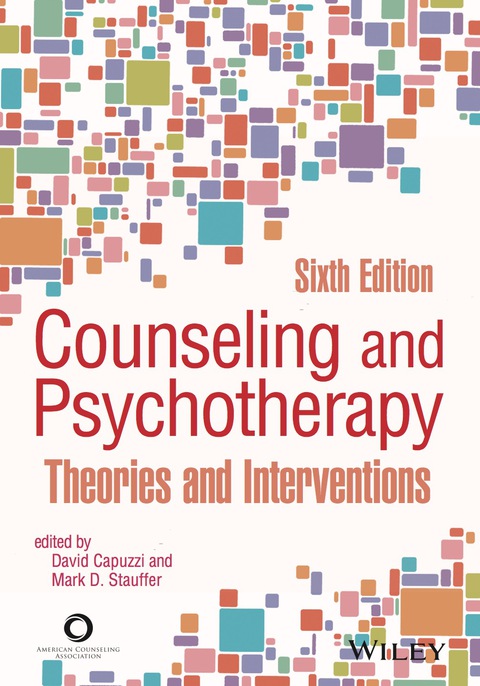
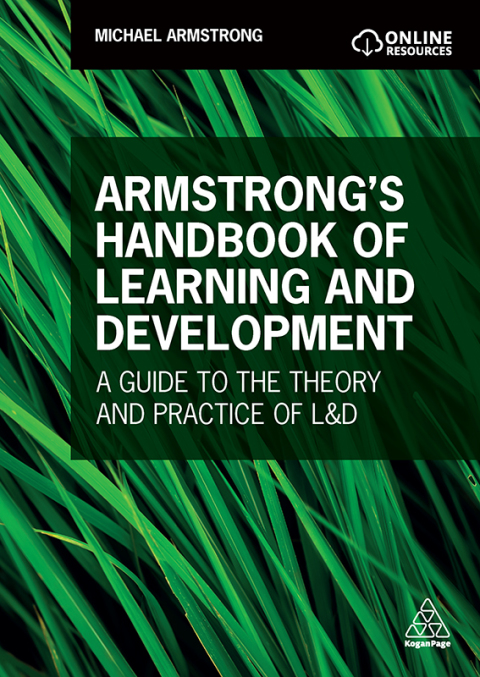
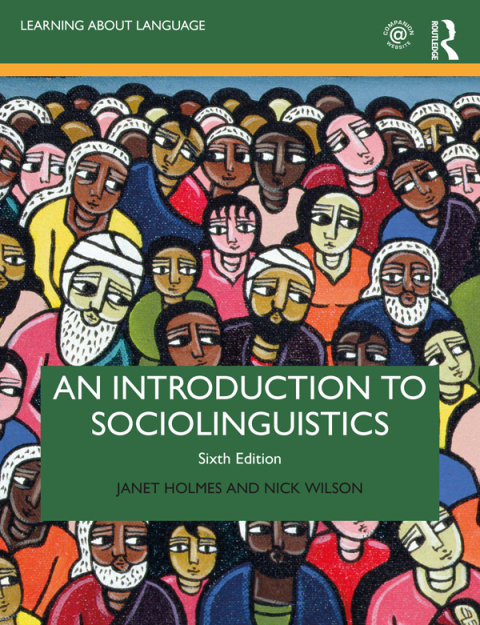
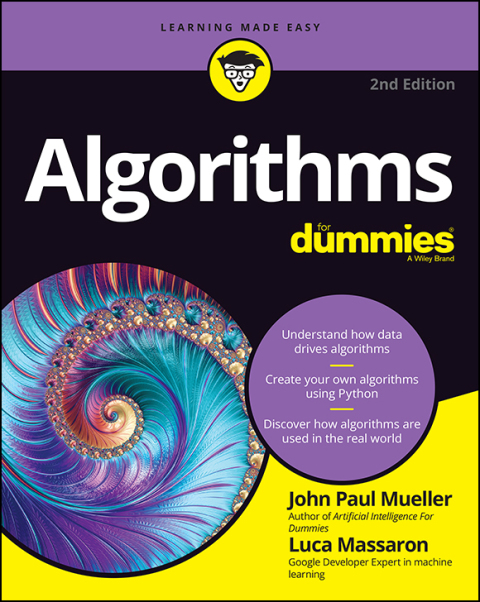
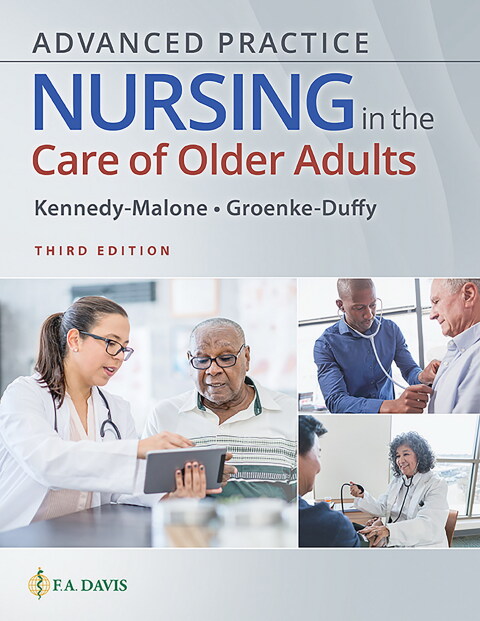
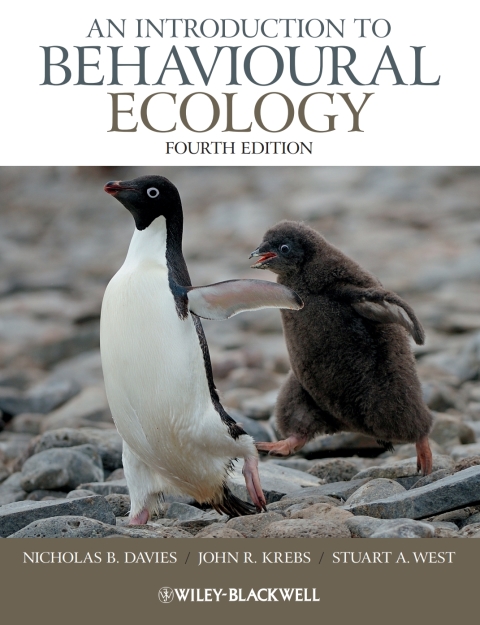
Reviews
There are no reviews yet.